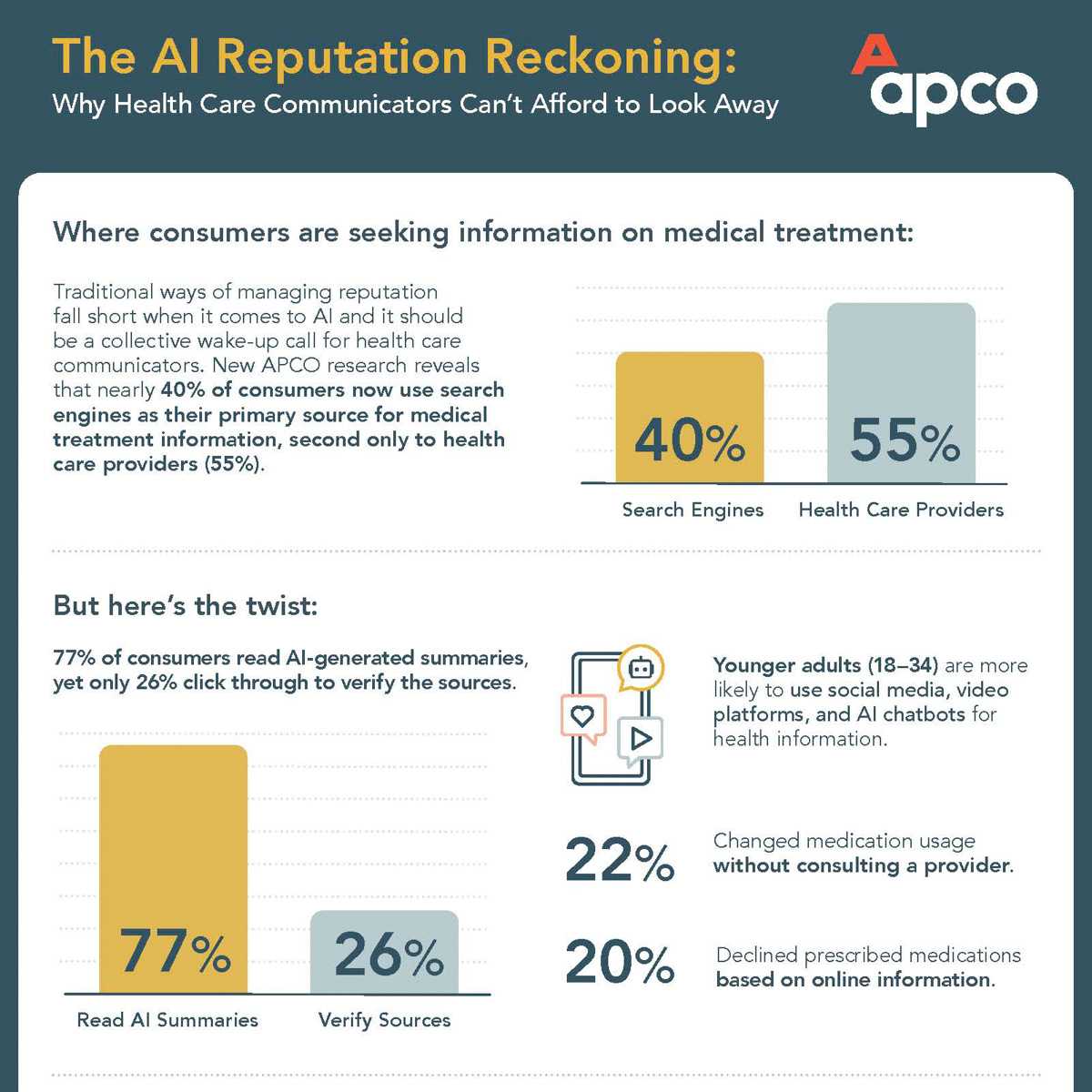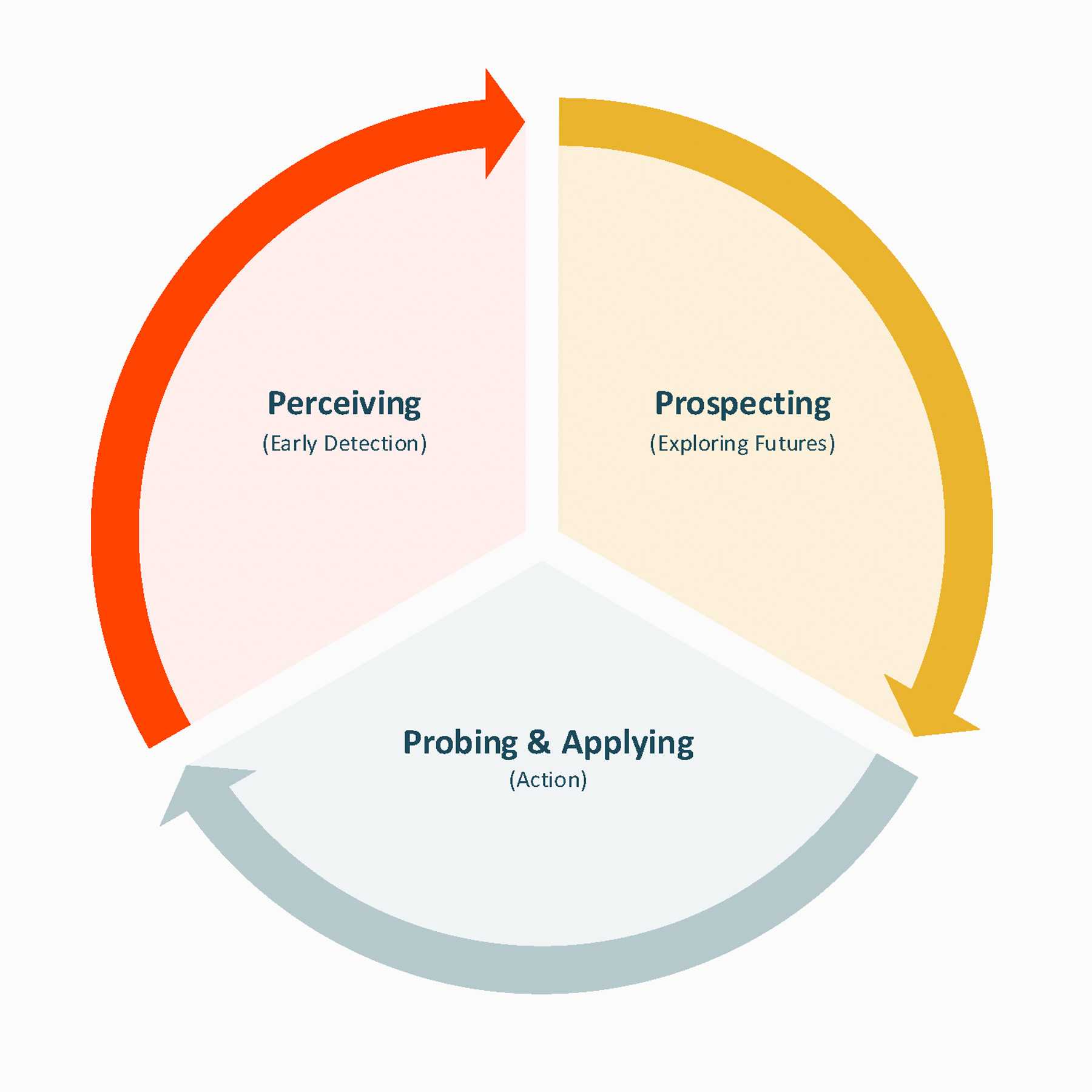

More than ever, transformative change requires collaboration. To learn more about innovative partnerships that advance lasting solutions to address today’s most pressing problems, Dasha Iventicheva—senior associate director at APCO Worldwide and member of the strategic partnerships and global engagement team—sat down with Sue Kim, Head of Global Partnerships and Philanthropy for MIT Solve, an APCO client. Solve is an initiative of the Massachusetts Institute of Technology that drives innovation to solve intractable global issues. Through open innovation challenges, MIT Solve finds, funds, and supports the most promising tech-based social entrepreneurs from all around the world.
Q: Could you tell us more about MIT Solve as a social impact marketplace and why building relationships with other organizations is essential in achieving Solve’s long-term goals?
A: Today, there is a $135 trillion funding gap in the way of achieving the UN Sustainable Development Goals (SDGs). At Solve, we recognize that many social impact leaders and entrepreneurs remain unrecognized and under-resourced because they don’t fit the typical venture capital mold. This is where Solve comes in. To date, we have worked with 268 Solver teams, catalyzed over $60 million in commitments and stewarded 600 partnerships, which have allowed Solver teams to scale their work and impact. Our innovator teams are 62% women-led, headquartered in 56 countries, and include representation from 22 American Indian tribes.
We are the essential middleman in building relationships that connect entrepreneurs to individuals and institutions who are poised to help them make transformative impact. I am excited to have our work showcased in “The Big Idea,” a documentary series that features three Solver journeys, with an exclusive screening on May 5 ahead of its official premiere
Q: What do you consider a best practice when thinking about building relationships with other organizations or companies?
A: Establishing mission alignment, trust, and shared priorities early in the relationship is key. When this alignment is missing, collaboration is unlikely to produce desired results—or any results at all. For example, proximate leadership—empowering local leaders to be part of the solution—is a fundamental priority for Solve. We try to meet proximate innovators where they are, and help adopt a bottom-up and co-creational approach to scaling solutions. We bring in partners with the same mentality, so that the deep understanding of local needs and nuances is reflected in the solutions our proximate social entrepreneurs are trying to launch.
Q: What do you think is currently the biggest missed opportunity in leveraging organizational relationships for smart solutions to global challenges?
A: We believe that innovation is collaborative. No organization is going to solve global challenges alone, let alone quickly or perfectly. Restricting the parameters of who can help create global change, or where they are located is extremely limiting. One of Solve’s core values is the idea of open innovation: talent and ingenuity exist everywhere, and it is our responsibility to use our convening power to support these big ideas. Another challenge with institutional philanthropy may be the pressure to show immediate ROI. Accountability and impact are important, but change doesn’t happen overnight. This is a specific issue that we hope funders and grantees can create a more long-term dialogue around.
Q: What are the specific challenges MIT Solve will be focused on this year, and how do you hope to engage external support in driving them forward? Which of the challenges are you most excited about?
Our 2023 Global Challenges will focus on Financial Inclusion, Health in Fragile Contexts, Learning for Civic Action, Climate Adaptation & Low-Carbon Housing and Indigenous Communities. There are a variety of meaningful ways to work with Solve, whether in the form of prize funding, engaging with our year-long Solver Support Program, or taking the time to mentor or provide in-kind tools to entrepreneurs. I am always happy to connect directly with anyone who is interested in supporting Solve’s innovators.
Which Challenge is most exciting to me? Honestly: all of them. However, I am particularly excited to see how solutions for the Financial Inclusion Challenge will help create tools for both individuals and small enterprises to better withstand financial shocks and build wealth. Having previously worked in global disaster relief on the ground, I’m also personally drawn to the Health in Fragile Contexts Challenge and working towards building resilience in health systems and access in times of destabilization. These challenges touch all of us in some way and I hope will serve as an incentive to become part of the solution.
Q: And finally, what is on your wish list for 2023 in terms of new partnerships?
A: While I will continue to engage individuals and institutions supporting our evergreen pillars, aligned with the UN SDGs (Health, Learning, Climate, Economic Prosperity), I would love to see increased support for our Solv[ED] program, which is specifically geared towards the next generation of problem solvers and offers support for younger innovators who are in very early stages of their entrepreneurial journeys. I’m also excited to see our Indigenous Communities Fellowship expand into Canada for the first year and hope to see continued growth of our full US Equity work with supporters who are equally passionate and committed to racial equity and creating a space for collaboration and dialogue among culturally diverse and equity-focused innovators. Finally, I am looking forward to extending and deepening Solve’s geographical reach across the globe with new relationships and partnerships.


